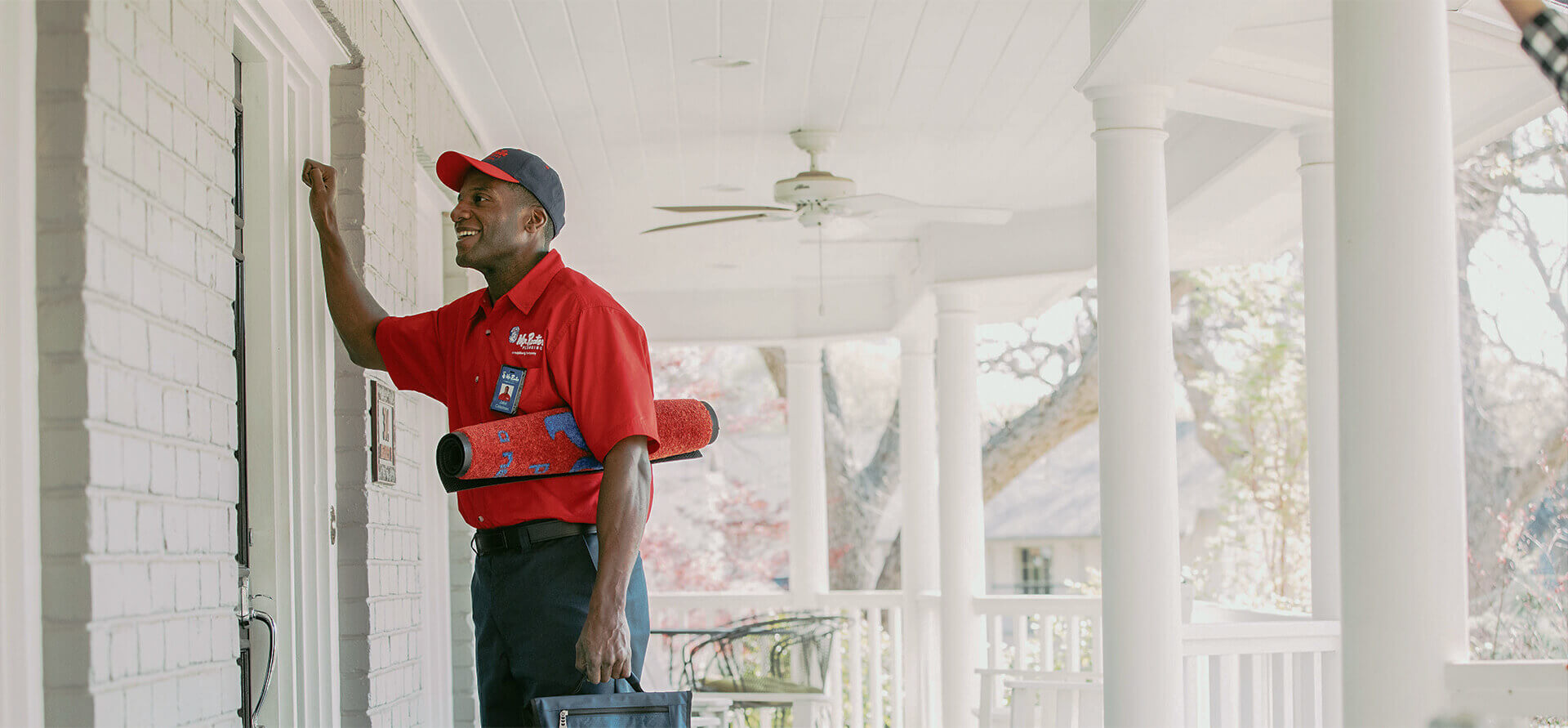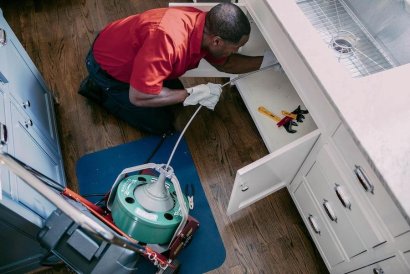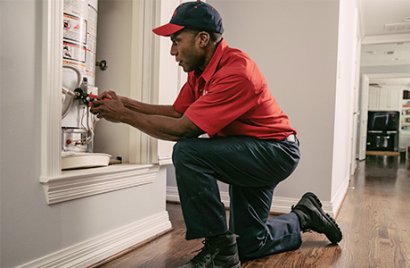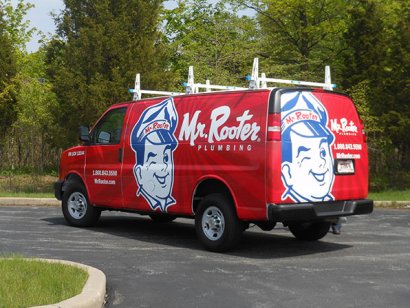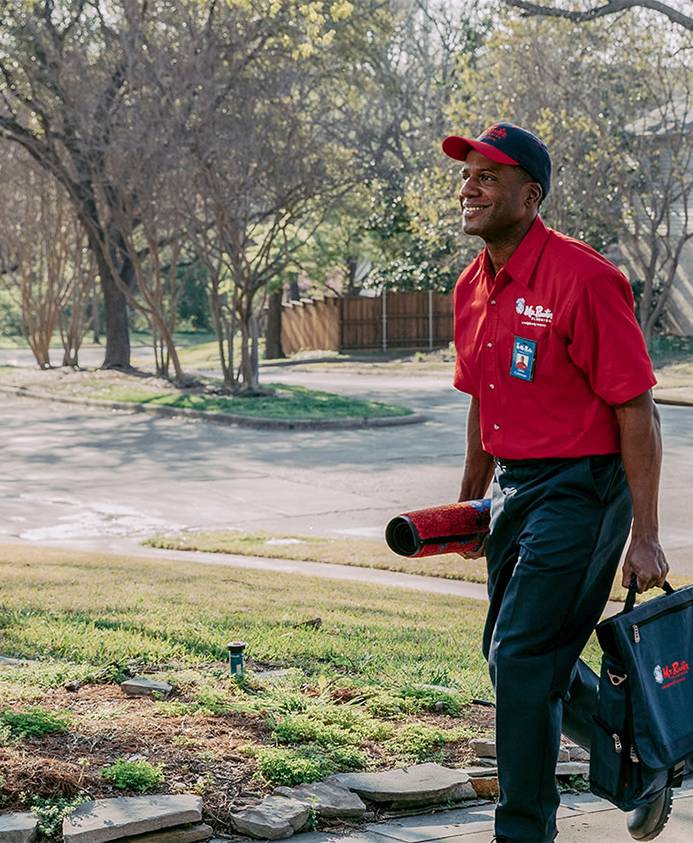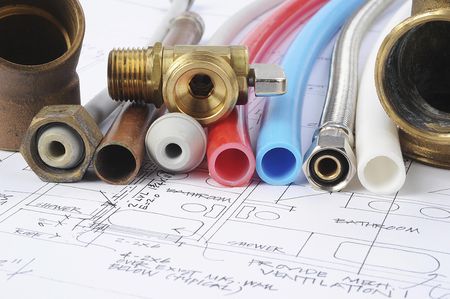4 Types of Plumbing Pipes You Should Know
Plumbing pipes are an essential component of any property’s infrastructure, carrying water to and from the property and ensuring proper drainage and waste removal. Let’s look at four different types of plumbing pipes installed in homes and businesses:
Water Main Line
A water main line is a large underground pipe that delivers water from a municipal water supply or well to a home, business, and other buildings. The water main line runs along the street or road in front of the property and connects to water service lines. A water main line is typically made of durable materials such as cast iron, ductile iron, or PVC. It can be several inches or feet in diameter, depending on the size of the building it is serving. The local water authority or municipality is responsible for the maintenance of the water main line, which includes leak detection, repairs, and replacement where necessary.
Water Service Lines
Water service lines are smaller pipes that connect the water main line to the building's plumbing system. Water service lines are smaller in diameter than water main lines and are owned and maintained by the property owner, rather than the local water authority or municipality. They are typically made of copper, brass, or PVC and can range in size from 3/4 inch to 1 inch in diameter. These water lines can be vulnerable to damage from tree roots, shifting soil, and extreme temperatures. So it is important to inspect and maintain them regularly to prevent leaks, clogs, and other problems.
Drain Lines
Drain lines are the pipes that carry wastewater, including sewage and graywater, away from the home and into the municipal sewer system or septic tank. Drain lines are connected to the plumbing fixtures in the home, including sinks, showers, toilets, and washing machines. As wastewater flows through these fixtures, it enters the drain lines and is carried away from the home or business premises.
Leach Field Lines
Also known as drain field lines, leach field lines are a network of perforated pipes that distribute effluent from a septic tank into the soil. The effluent is then naturally filtered and purified by the soil before it returns to the groundwater system. Leach field lines are made of different types of materials, including PVC, clay, concrete, high-density polyethylene (HDPE), and more. They are perforated with small holes to allow the effluent to seep out into the soil. Proper installation and maintenance of leach field lines are crucial to ensuring that the drain field functions effectively and efficiently.
Need Pipe Repair Or Pipe Replacement? Contact Mr. Rooter Plumbing Today
Even though plumbing pipes are built to last for many decades, they will have to be replaced at some point. If your pipes are in disrepair or failing, ensure you call a professional plumber to perform a comprehensive inspection and advise you accordingly. The knowledgeable and experienced plumbers at Mr. Rooter Plumbing can install, repair, and service all types of pipes, including water main line, water service lines, drain lines, sewer lines, and leach field lines. If you’re looking for a trusted plumbing company to help you with pipe repair or repiping, get in touch with the team at Mr. Rooter Plumbing. From pipe installation and pipe repair to repiping and pipe replacement, you can trust the experts at Mr. Rooter Plumbing to do an exceptional job.


